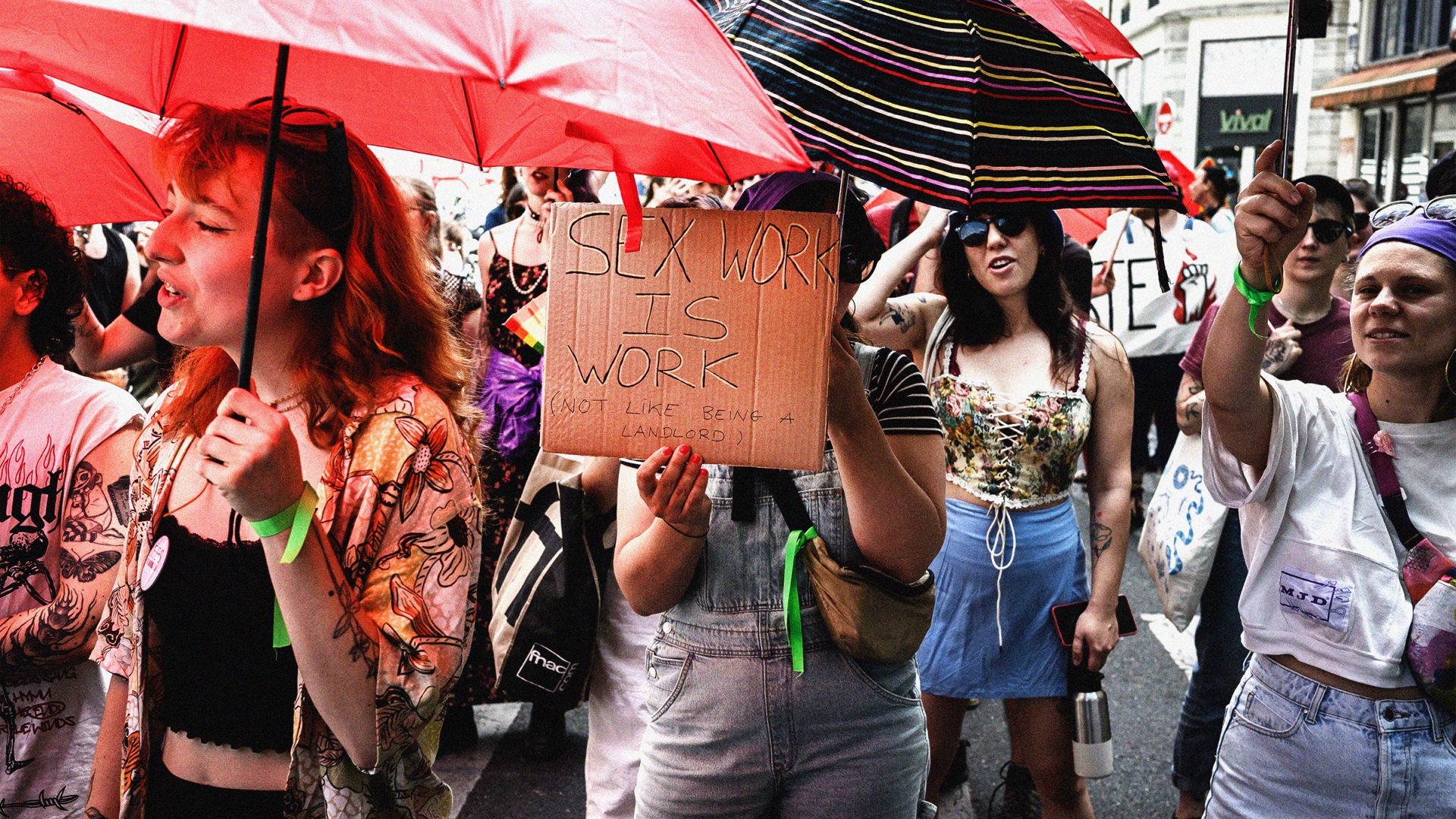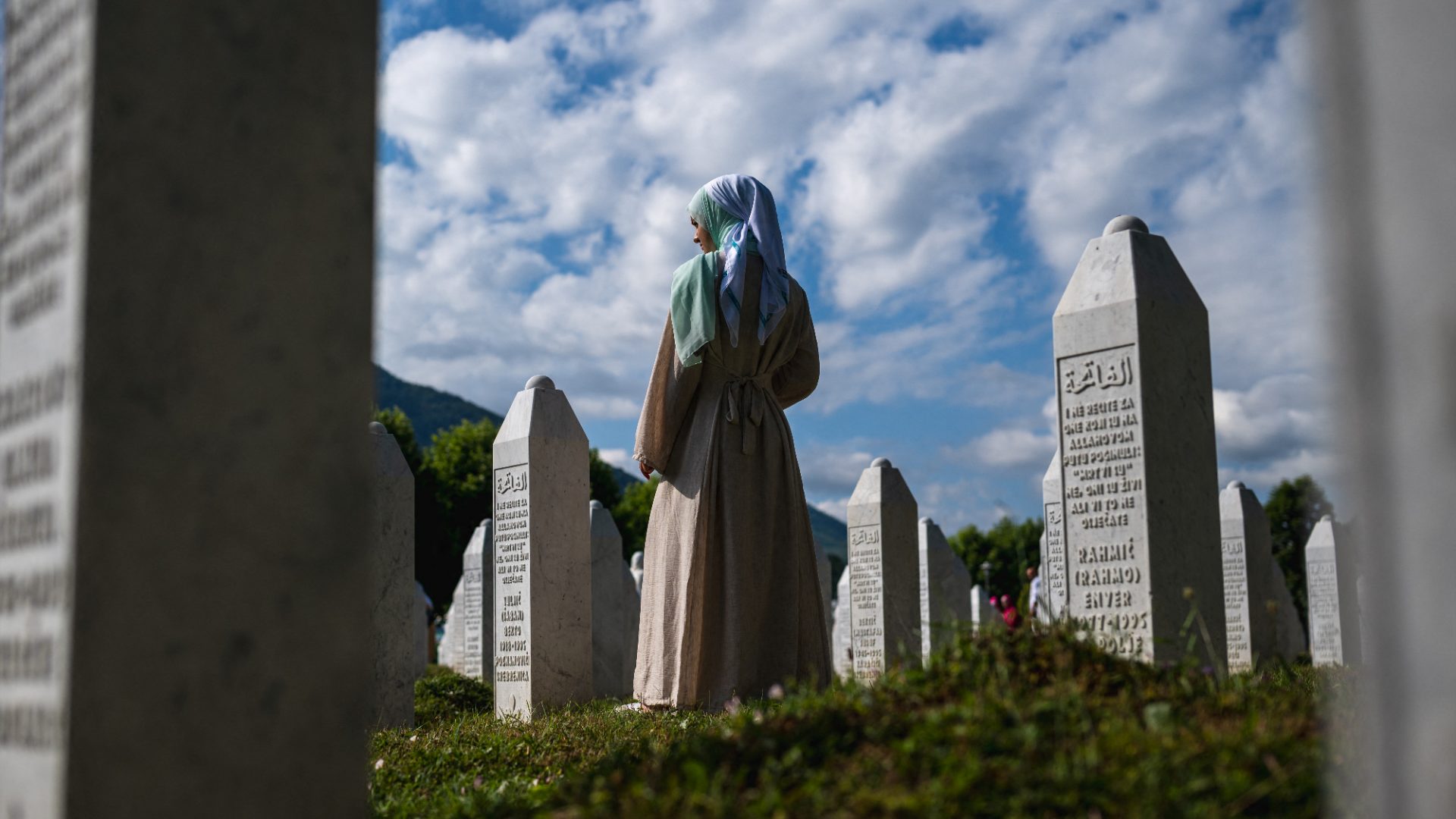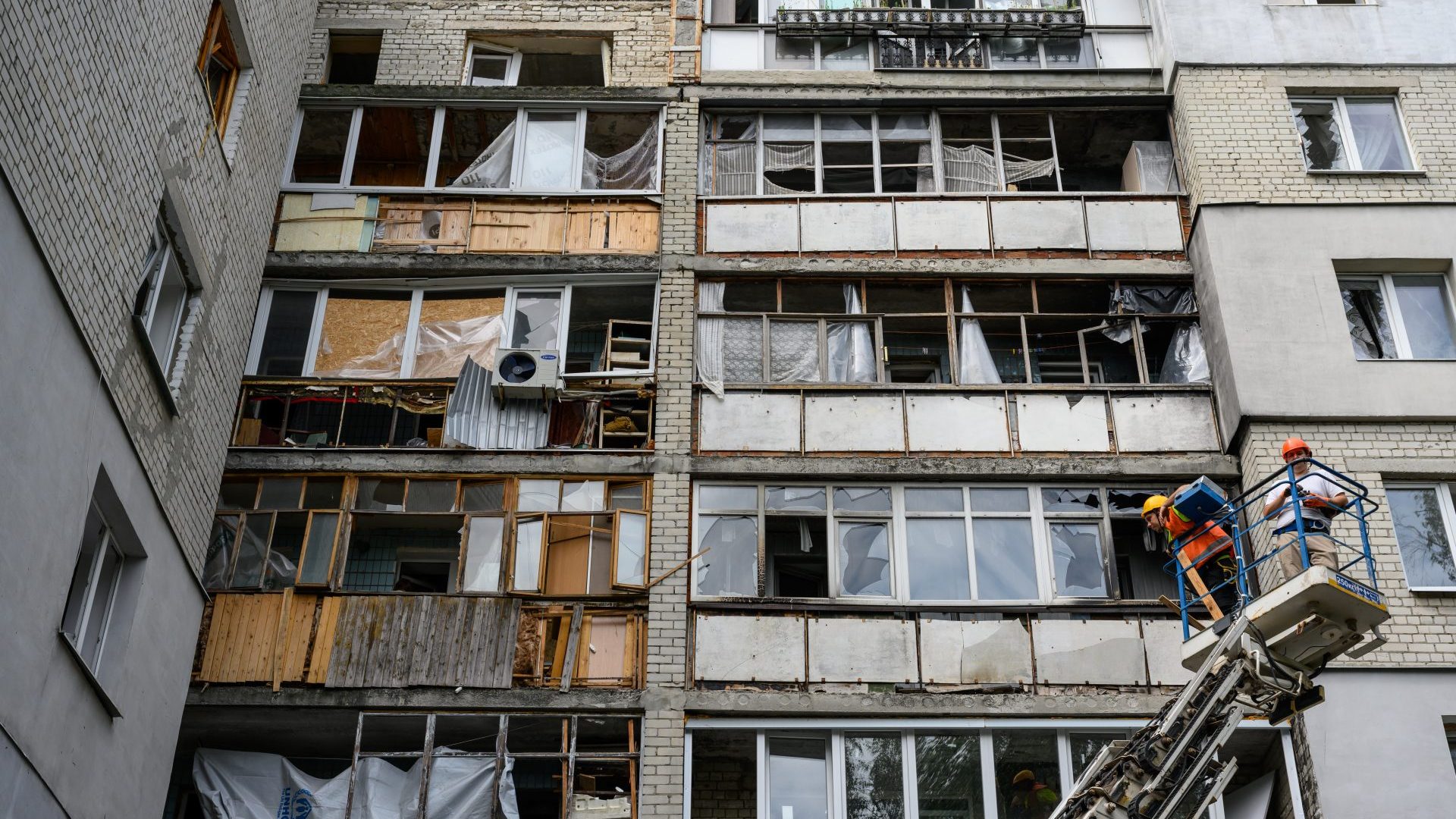It’s an unlikely partnership that has survived for 50 years – priests and prostitutes banding together against the police. It’s a political protest.
The trigger, back in 1975, was the murder of two sex workers in Lyon. Instead of hunting the killer, the police turned on the prostitutes. Although it was not – and is not – illegal in France to sell sex for money, other laws – breach of the peace, tax evasion and so on – were used to harass sex workers.
Claims that they were earning huge sums led to hefty fines. If they could not pay, they were jailed. Running scared, with a murderer at large, they took refuge in the church of Saint Nizer, and declared a strike and occupation. It lasted eight days, supported by the church authorities who upheld the ancient Christian principle of sanctuary.
In the end, riot police stormed the church, ending the action.
The only thing that changed was a wave of solidarity, plus an international day of commemoration was born and is still celebrated every year on June 2.
The 50-year anniversary is being marked by a four-day festival in my adopted home town of Leipzig. I was expecting handwringing and hymns, perhaps a sermon about Jesus and Mary Magdalene – it is a church, after all.
So it was a big surprise for me when Kay, a young trans woman of colour stood up at the lectern to tell the audience of around 100 sex workers about her work as a stripper in the bars and clubs of Berlin… and an even bigger surprise when she started telling us it is the subject of her PhD dissertation, specifically the practice of “ransoms”.
She explained that a stripper or lap dancer can be “ransomed” when a customer at the club pays extra – a lot extra – in order to take her out of the strip joint and off to a nightclub, hotel room or both. Kay described how being “bought out” in this way involves a lot of play-acting, pretending that she is on a night out with her boyfriend.
And although prostitution is tolerated in most federal regions of Germany, Kay left us in no doubt that she suffers racism, transphobia and discrimination, especially when dealing with the police, the housing authorities and the tax office. Murmurs of agreement rippled around the church. Some of the sex workers shared their own experiences.
“I was born in Germany, but my mother is Ukrainian and I have a Ukrainian name. What do I hear all the time? You speak very good German. How long have you lived here? It’s so annoying.”
Suggested Reading

Paying for sex could soon be illegal in Scotland
“My clients can’t believe that sex work is my chosen profession. You’re so intelligent, they say.”
“I can hold a conversation with you. You could easily get a proper job in an office. Let me help you…”
This is exactly what the organisers were hoping for – an open dialogue in a place where prostitutes feel safe and free to speak their minds.
“Let’s hear from them as people, not as sex workers,” wrote parish priest Christiane Dhorn in the invitation to the event. “Let’s hear about their actual living conditions, let the sex workers themselves have their say, instead of talking ABOUT them.”
We were invited to ask questions. I glanced up at the stained-glass window above Kay’s head. It shows Jesus ascending into Heaven in a golden cloud, surrounded by angels.
“Do you believe in love?” I asked.
“Of course I do,” said Kay.
“The men who pay for sex are crying out for love. They grew up in the post-Hitler time, when parents were taught not to comfort a crying baby but to let it cry. Physical contact was taboo in families, especially for mothers of young boys. But everybody needs love.”
That was her last word. On the way out, we were given condoms and stickers to show our support for sex workers’ rights. Mine seems to sum up the situation – pretty much unchanged after half a century.
It says simply: “My body. My rules”.
Jane Whyatt has worked as a journalist, newsreader and independent TV producer



